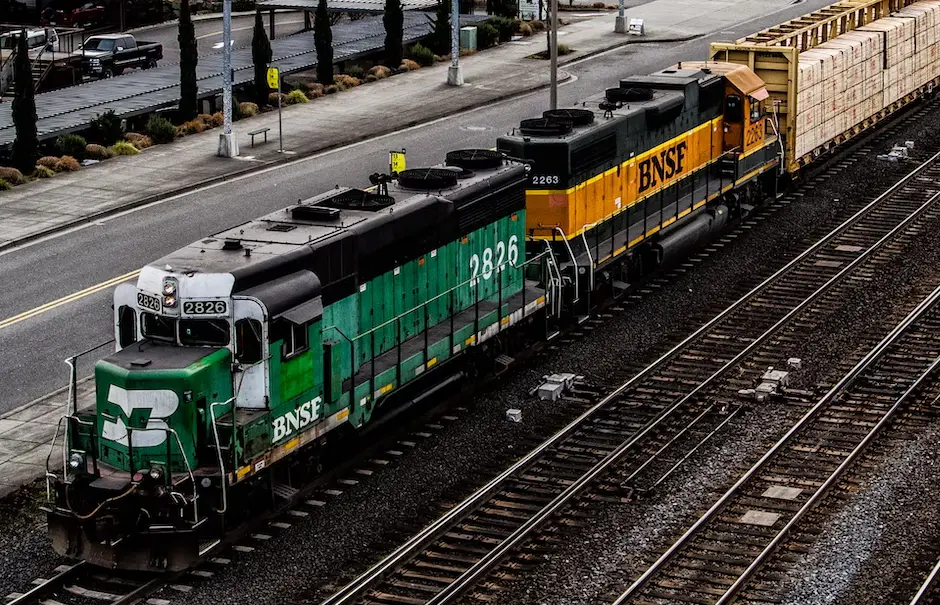President Joe Biden is calling on Congress to step up and intervene to avert a pending rail strike which could cripple the US economy as rail transport services for goods ground to a halt. Experts warn the strike could begin as early as December 9th, and trigger a cataclysmic economic impact if it stops all rail shipping.
Biden asked legislators to enact the tentative deal which had been struck in May, but which the unions failed to ratify, “without any modifications or delay – to avert a potentially crippling national rail shutdown” and added that up to 765,000 Americans “could be put out of work in the first two weeks alone.”
House Speaker Nancy Pelosi said it was her intention to take it up this week, “to prevent a catastrophic nationwide rail strike, which would grind our economy to a halt.”
400 groups issued a call on Monday for Congress to intervene in the labor standoff, to avert billions of dollars worth of economic losses.
Any potential strike could bring rail shipping to a standstill, freezing almost 30% of US cargo shipments by weight. The resulting supply chain disruptions and shortages would supercharge an already rampant inflation, as it costs the economy $2 billion per day, and affects a myriad of sectors from energy, to agriculture, to manufacturing, to the healthcare and retail sectors
Biden noted, “A rail shutdown would devastate our economy. Without freight rail, many U.S. industries would shut down … Communities could lose access to chemicals necessary to ensure clean drinking water. Farms and ranches across the country could be unable to feed their livestock.”
Biden extolled the benefits of the tentative deal which was struck, that includes a 24% compounded wage increase over the five year period between 2020 and 2024, as well as five yearly $1,000 lump sum payments for every worker.
Four unions voted down the tentative deal, while eight others voted to approve it.
As the rail industry, the unions, and the agriculture industry have tried to hash out a settlement to the crisis, Labor Secretary Marty Walsh, Transportation Secretary Pete Buttigieg and Agriculture Secretary Tom Vilsack have all gotten involved in the discussions.
In a statement, the Association of American Railroads said “congressional action to prevent a work stoppage in this manner is appropriate … No one benefits from a rail work stoppage – not our customers, not rail employees and not the American economy.”
Biden added that Congress, “should set aside politics and partisan division and deliver for the American people. Congress should get this bill to my desk well in advance of December 9th so we can avoid disruption. The risks to our nation’s economy and communities simply make a national rail strike unacceptable,” says the letter to congressional leaders first reported by Reuters, warning a strike could halt passenger railroad Amtrak and commuter rail services that “would disrupt up to 7 million travelers a day.”
The framework for the tentative deal arose out of Biden’s Presidential Emergency Board in August. It was assembled to avert a strike which was pending then, following the failures of talks between the major railroads and the dozen different unions presenting 115,000 rail workers. The carriers included Union Pacific, Berkshire Hathaway Inc’s BNSF, CSX, Norfolk Southern and Kansas City Southern.
Unless Congress intervenes, the Unions and railroads will continue to negotiate until December 9th, when the unions will be able to begin strikes. However shipping will begin to be impacted even earlier, as railroads would have to halt all shipments of hazardous materials beginning four days before the strike, to avoid having them trapped on the rails.

